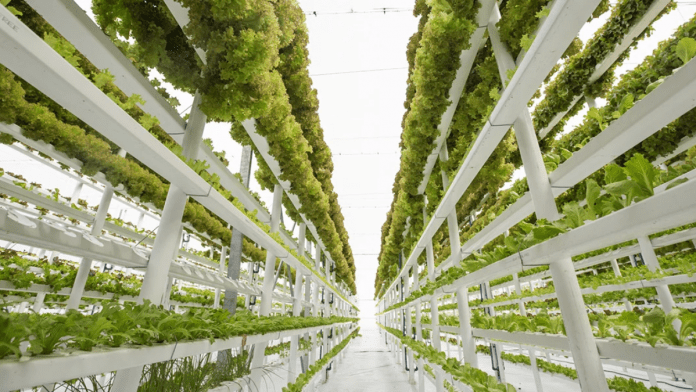News in brief: Rabobank’s recent financial results highlight that the Netherlands’ current agricultural system is unsustainable, necessitating a shift to circular agriculture. The bank aligns with government plans for circular agriculture by 2030 and offers financial aid to farmers for more sustainable practices.
The Netherlands’ current agricultural system has reached its limits, as stated by Rabobank in its latest set of financial results. The bank has a â¬13 billion financing portfolio, spanning from dairy to pig farming, as well as poultry and beef businesses.
In its 2023 first-half interim report, the cooperative bank stated that the current agricultural system in the Netherlands is not sustainable. Therefore, it has called for a shift to circular agriculture, which involves recycling food waste by reusing agricultural residues from processing as resources within the food system. It also warned its clients that they will face a period of transition towards a more sustainable sector.
The leading agricultural financier in the Netherlands mentioned that since June 2022, the country’s agricultural sector has faced additional uncertainty about its future. However, it adds that the Dutch government’s nitrogen plans, which include nitrogen reduction targets, have significantly impacted farmers.
According to a news article, Rabobank’s report aligns with the governmentâs plans to become a global leader in circular agriculture by 2030. It stated that this goal is similar to the bankâs climate and nature objectives.
The report further envisions a paradigm shift from focusing solely on growth in production volumes and cost price reductions. Instead, it charts a new path towards optimising resource usage and food production in harmony with the climate and nature.
However, the financial institution reveals that despite extensive negotiations with many stakeholders, they have not reached any agricultural agreement. One reason for this is the lack of prospects for a sustainable and fair income for farmers.
The bank has updated its agricultural sector goals to include nature, water, climate, biodiversity, and animal welfare targets for the period from 2023 to 2040. Its Chair of the Managing Board, Stefaan Decraene, said farmers will need billions of euros in new financing aid due to the Dutch governmentâs plans for the sector. He added that the bank has committed â¬3 billion in loans available to farmers and entrepreneurs.
Decraene believes that the loans will assist entrepreneurs with a solid business case in financing adjustments in their operations. The bank assures farmers aiming for more sustainable practices that they will receive additional advice.



